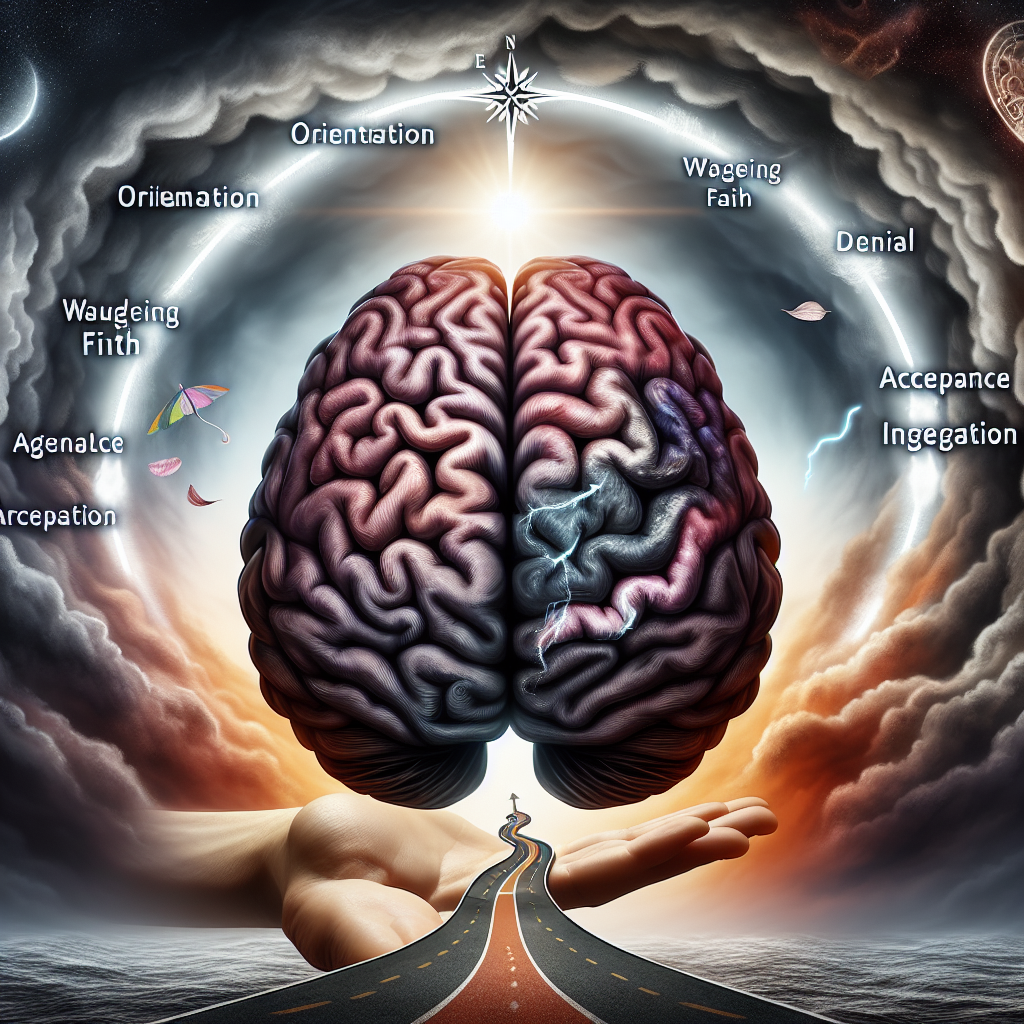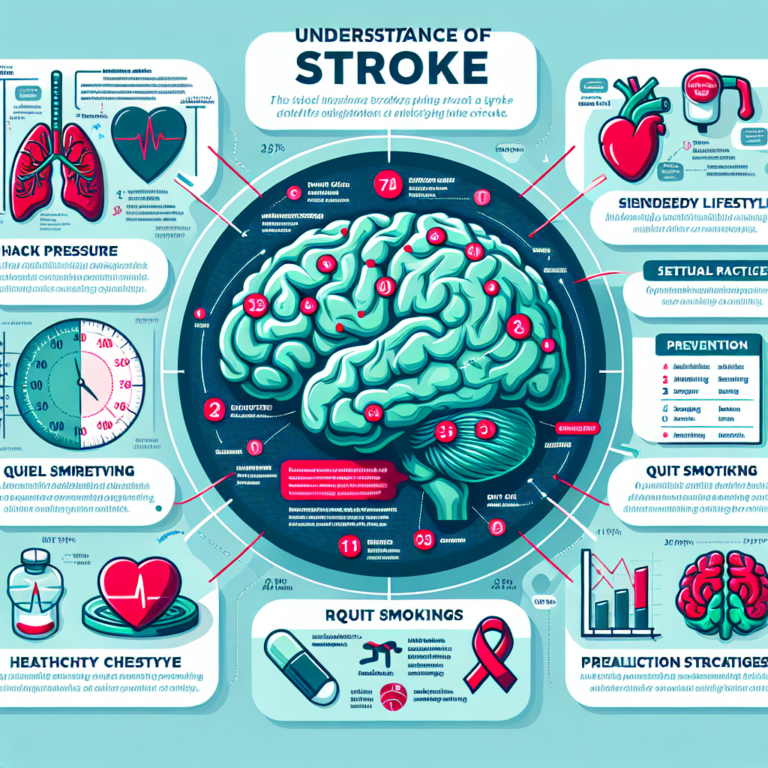
Introduction
Change is inevitable—it can be as subtle as a shift in perception or as monumental as a career transition or the loss of a loved one. Yet, how we navigate these changes significantly influences our psychological wellbeing and overall satisfaction with life. This article delves into the profound insights of navigating change, shedding light on the journey of psychosocial adjustment. By fostering resilience and adaptability, individuals can transform challenges into stepping stones for personal growth, achieving a deeper understanding of themselves and their evolving world.
Understanding Psychosocial Adjustment
Psychosocial adjustment refers to the process through which individuals come to terms with personal, social, and environmental changes that may threaten their sense of stability. This adjustment could stem from positive life transitions, such as graduation or marriage, as well as negative experiences like job loss or bereavement.
Navigating change and understanding the journey of psychosocial adjustment involves recognizing emotional and psychological reactions during these transitions. Individuals often experience a range of feelings, including grief, anxiety, or even excitement, leading toward adaptations in behavior, lifestyle choices, and social connections.
The Stages of Psychosocial Adjustment
Psychosocial adjustment may be framed through multiple phases, each holding importance in understanding the client’s journey:
- Shock and Denial
- Anger and Bargaining
- Depression and Reflection
- Acceptance and Moving Forward
Table 1: Stages of Psychosocial Adjustment
| Stage | Description | Emotional Response |
|---|---|---|
| Shock and Denial | Initial reaction to change | Numbness, disbelief |
| Anger and Bargaining | Frustration with the situation; seeking control | Anger, negotiation |
| Depression and Reflection | Introspection; feeling sadness | Sadness, withdrawal |
| Acceptance and Moving Forward | Embracing the new reality, finding purpose | Hope, renewed energy |
Each stage, while distinct, is interconnected. Recognizing these stages can empower individuals to process their experiences, leading to a more fulfilling adjustment period.
Difficulty in Navigating Change on a Personal Level
Implementing change is often met with resistance, stemming from fear of the unknown or previous unresolved traumas. This section explores some common challenges faced during transitions.
Common Challenges
Fear of Uncertainty: The unknown can be paralyzing, leading to procrastination or avoidance of necessary adjustments.
Loss of Identity: Changes such as retirement or divorce can create an identity crisis, making it essential to redefine oneself.
- Social Isolation: As old connections fade, forming new relationships can be daunting and create feelings of loneliness.
Case Study 1: John’s Career Transition
John, a 45-year-old executive, faced job loss during an economic downturn. Initially, he experienced shock and denial, thinking he would find a new position quickly. However, after several months of unsuccessful searches, he entered the stage of anger. Through counseling, he began to reflect on his skills and passions, allowing him to pivot toward a career in freelance consulting.
Analysis: John’s journey exemplifies how navigating change requires time and self-reflection. His story illustrates the importance of seeking help and adapting to new realities.
The Role of Support Systems
One crucial element in navigating change is the role of social support, be it friends, family, or professional services. Support systems can serve as anchors, providing encouragement and perspective during tumultuous times.
Building Your Support Network
Creating a supportive environment fosters resilience. Here are some crucial elements:
Open Communication: Sharing feelings can lighten emotional burdens.
Empathy and Understanding: Friends and family who actively listen can help in processing experiences.
- Professional Guidance: Psychologists or support groups can offer tailored strategies for adjustment.
Case Study 2: Maria’s Grief Journey
After losing her mother, Maria was enveloped in grief, exhibiting disconnect from her social circles. In her grief support group, she found solace in shared experiences, navigating the emotional landscape with empathy. This not only helped her process her loss but led to lasting friendships.
Analysis: Maria’s experience highlights the importance of support networks in normalizing feelings of grief and aiding in psychosocial adjustment during life-altering events.
Tools and Techniques for Successful Adjustment
Navigating change often requires tools and techniques to manage stress and foster resilience. Here are key strategies:
1. Mindfulness and Meditation
Practicing mindfulness can help ground individuals in the present, reducing anxiety over the future. Techniques may include:
- Breathing exercises
- Guided meditations
- Journaling thoughts and feelings
2. Goal Setting
Clear, achievable goals can provide direction and purpose. Using the SMART criteria (Specific, Measurable, Achievable, Relevant, Time-bound) can be particularly effective.
Table 2: SMART Goals Example for Adjustment
| Component | Example Goal |
|---|---|
| Specific | Attend job networking events |
| Measurable | Connect with three new professionals weekly |
| Achievable | Attend one event each month |
| Relevant | Align with career transition goals |
| Time-bound | Reach out to ten contacts by month-end |
3. Self-Care Practices
Regular self-care, such as physical activity, nutritional eating, and adequate sleep, is vital. It promotes emotional stability, enhancing one’s ability to cope with change.
Case Study 3: Liam’s Self-Care Journey
Liam faced a mental health crisis during a life transition. By adopting a daily routine centered on self-care—exercise, nutritious meals, and mindfulness practices—Liam learned to manage stress and improved his emotional resilience, facilitating a smoother adjustment to new circumstances.
Analysis: Liam’s proactive approach reflects the importance of self-care in navigating change. His experience emphasizes how holistic routines contribute to psychosocial stability.
Impact on Mental Health
Understanding that navigating change and undergoing psychosocial adjustment can directly impact mental health is crucial. This section explores the significant links between change and psychological wellbeing.
Mental Health Challenges
Increased Anxiety and Depression: The stress of change can exacerbate mental health issues.
- Adjustment Disorders: Some individuals may struggle to adjust, leading to diagnoses that require therapeutic intervention.
Protecting Mental Health
Seek Professional Help: Counseling or therapy can be beneficial in navigating particularly challenging changes, offering coping mechanisms and therapeutic strategies.
- Engage in Support Groups: Sharing experiences with those undergoing similar transitions can foster understanding and connection.
Inspirational Stories of Resilience
Nothing inspires quite like tales of resilience. Here, we celebrate individuals who have remarkably navigated changes in their lives.
Case Study 4: Sarah’s Health Transformation
After being diagnosed with a serious illness, Sarah found herself at a crossroads. Choosing to embrace change, she focused on her health through diet, exercise, and a positive mindset. Her journey not only adjusted her perspective on life but also helped others in the health community.
Analysis: Sarah’s story reflects immense personal growth through hardship. It embodies the transformational potential embedded within navigating change.
Case Study 5: Tom’s Entrepreneurial Leap
Tom lost his corporate job and decided to pursue his long-time dream of starting a business. Despite initial setbacks, his adaptability and determination to learn helped him navigate the complex world of entrepreneurship.
Analysis: Tom’s experience illustrates the power of embracing change and relentlessly pursuing one’s passion. His journey emphasizes that navigating change can lead to considerable opportunities.
Conclusion
Navigating change: understanding the journey of psychosocial adjustment is an essential part of life’s vast tapestry. Whether seeking personal growth, adjusting to loss, or embarking on new opportunities, every individual possesses the power to convert challenges into triumphs. Embrace change, lean on your support networks, and implement the right strategies to enhance your wellbeing.
As you explore your journey, remember: the path may be filled with ups and downs, but with resilience and insight, you can emerge stronger and more enlightened.
FAQs
1. What is psychosocial adjustment?
Psychosocial adjustment refers to the process of adapting emotionally and socially to changes in one’s life, which can be both positive and negative.
2. How can I improve my psychosocial adjustment?
You can enhance your adjustment by practicing mindfulness, setting clear goals, engaging in self-care, and building a supportive network.
3. What are the stages of psychosocial adjustment?
The stages include shock and denial, anger and bargaining, depression and reflection, and acceptance and moving forward.
4. Why is support important in navigating change?
Support systems provide emotional and psychological resources, helping individuals feel less isolated and more capable of facing challenges.
5. What are some self-care practices to help during adjustments?
Self-care practices include regular exercise, healthy eating, adequate sleep, and engaging in relaxation techniques such as meditation or mindfulness.
By embracing the principles of navigating change and understanding the journey of psychosocial adjustment, you pave the way towards a more fulfilling life experience. Your story, in all its complexities, is one of resilience that deserves to be acknowledged and shared.















